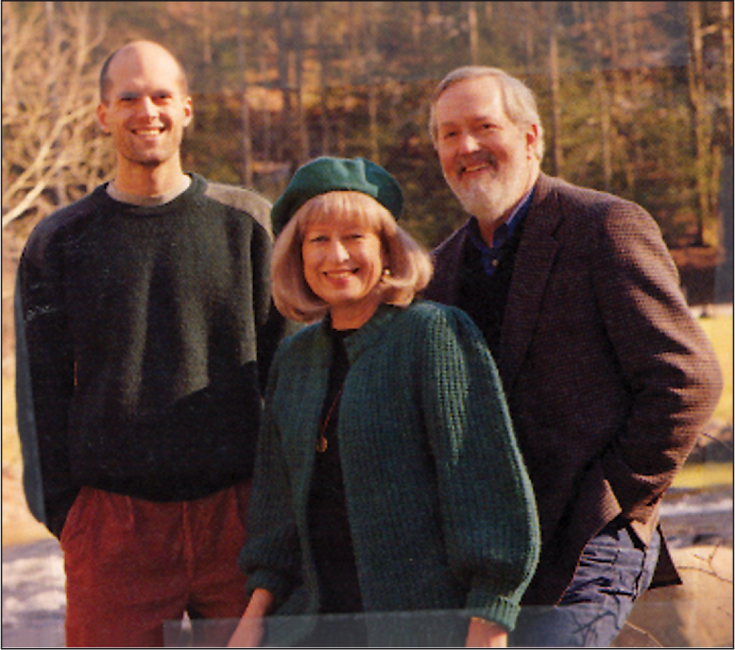About The Authors
Lydia Mihelič Pulsipher is a cultural-historical geographer who studies the landscapes of ordinary people through the lenses of archaeology, geography, and ethnography. She has contributed to several geography-related exhibits at the Smithsonian Museum of Natural History in Washington, D.C., including “Seeds of Change,” which featured the research she and Conrad Goodwin did in the eastern Caribbean. Lydia Pulsipher has ongoing research projects in the eastern Caribbean (historical archaeology) and in central Europe, where she is interested in various aspects of the post-Communist transition. Her graduate students have studied human ecology issues in the Caribbean and border issues and issues of national identity and exclusion in several central European countries. She has taught cultural, gender, European, North American, and Mesoamerican geography at the University of Tennessee at Knoxville since 1980; through her research, she has given many students their first experience in fieldwork abroad. Previously she taught at Hunter College and Dartmouth College. She received her B.A. from Macalester College, her M.A. from Tulane University, and her Ph.D. from Southern Illinois University. For relaxation, she works in her gardens, makes jam, and bakes rhubarb pies.

Alex A. Pulsipher is an independent scholar in Knoxville, Tennessee, who has conducted research on vulnerability to climate change, sustainable communities, and the diffusion of green technologies in the United States. In the early 1990s, while a student at Wesleyan University in Connecticut, Alex spent time in South Asia working for a sustainable development research center. He then completed his B.A. at Wesleyan, writing his undergraduate thesis on the history of Hindu nationalism. Beginning in 1995, Alex contributed to the research and writing of the first edition of World Regional Geography with Lydia Pulsipher. In 1999 and 2000, he traveled to South America, Southeast Asia, and South Asia, where he collected information for the second edition of the text and for the Web site. In 2000 and 2001, he wrote and designed maps for the second edition. He participated in the writing of the fourth edition and in restructuring the content of, and creating photo essays and maps for, the fifth edition. Alex worked extensively on the first and second editions of World Regional Geography Concepts. He has a master’s degree in geography from Clark University in Worcester, Massachusetts.
Conrad “Mac” Goodwin assisted in the writing of World Regional Geography and the Concepts version in many ways. Mac, Lydia’s husband, is an anthropologist and historical archaeologist with a B.A. in anthropology from the University of California, Santa Barbara; an M.A. in historical archaeology from the College of William and Mary; and a Ph.D. in archaeology from Boston University. He specializes in sites created during the European colonial era in North America, the Caribbean, and the Pacific. He has particular expertise in the archaeology of agricultural systems, gardens, domestic landscapes, and urban spaces. In addition to work in archaeology and on the textbook, for the past 10 years he has been conducting research on wines and winemaking in Slovenia, and delivering papers on these topics at professional geography meetings. For relaxation, Mac works in his organic garden, builds stone walls (including a pizza oven), and is a slow-food chef.